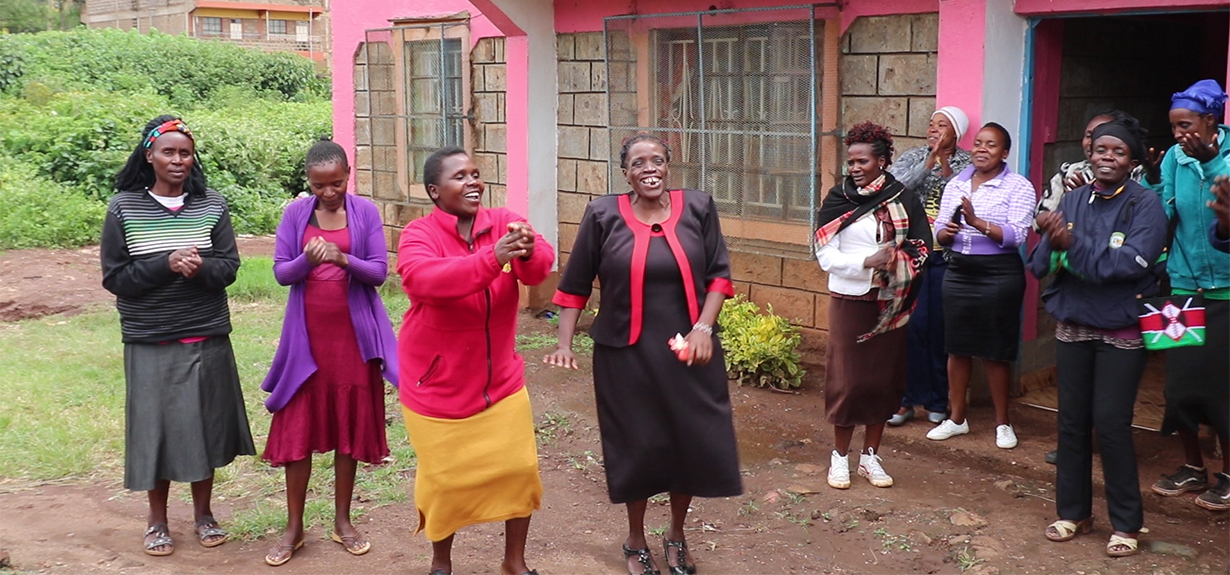Once upon a time, fifteen years ago, when folks were still jetting around the world, I started a travel company, Elevate Destinations. My vision was to create a vehicle for travel to give back to destinations worldwide. One in which travelers could contribute rather than just consume. I believed that travel done right could make a difference.
As I built my company’s ethos and operations, brick by brick, and began to develop my professional network and industry partnerships, I was met with puzzled stares about my company’s mission. There was a disconnect between my “elevated” vision and travel business as usual. At the time, the luxury travel sector was far more focused on the fine points of accommodations and services, the gleam of private jets and vehicles rather than getting granular about the impact of their operations on local communities, conservation effort and environmental footprint. Notable exceptions became the basis for strong partnerships and were often found in the adventure travel community.
“My vision was to create a vehicle for travel to give back to destinations worldwide…. I believed that travel done right could make a difference.”

At about my five-year mark in the industry, this began to shift. Travelers who had sated themselves with pristine beaches and five-star suites began to chafe at the confines of gated luxury resorts. The disparity of wealth in many places was arresting. Driving through villages where children begged them for empty plastic water bottles before visitors were delivered to a vast marble hotel lobby with deferential staff began to nag at travelers’ consciences. The gap between the wealth of permanent residents of destinations and the transient visitors deserved more attention. As companies in other sectors experienced a green and philanthropic wave and began to alter their brand messaging, the travel industry (one of the last to the party) began to wake up.
Luxury hotels, lodges and tour operators started to pay attention to the “eco-travel” umbrella. Saving water and other resources at risk of waste was a first focus. Travelers during this first eco-wave were offered the opportunity to re-use towels and bed linen rather than have it replaced every day, and lodges and hotels began to look at their energy systems with an eye to becoming more “sustainable” and less harmful to the local environment.
Early definitions of “sustainability” were confined to a hotel or lodge’s systems. As the concept and practices of sustainability evolved, they went beyond the physical boundaries of hotels and lodges, recognizing their impact and co-habitation with the surrounding community. Enlightened brands began to look at their impact in a more wholistic way: how their company practices affected community welfare, resources, employment and life opportunities as well as conservation.

This awakening coincided with the coining of the term “experiential”—activities designed to meet consumer hunger for engagement beyond the usual cultural, historical and recreational offerings. Examples of “experiential” activities might include weaving with Andean weavers in Peru; cooking with Bedouin families in Morocco; or visiting a community project such as water wells in Cambodia. These were activities designed to get travelers outside the usual confines of tourism and into hospitable community tracks, sanitized and safe, entertaining and desirable for tourist consumption, leaving visitors with a feeling that they had experienced something true and relevant to their host culture.
The term “experiential” dominated in industry circles for a good six to seven years until so many travelers were engaging in the same “experiential” activities that a new desire for “authenticity” began to arise. “Authentic” activities might be more overtly helpful and philanthropic, leaning on a traveler’s altruism and interest in contributing to a community in order to develop a more unique relationship with community individuals and initiatives. Examples of this might be mentoring underserved girls in Tanzania or working alongside farmers in Belize. “Authentic” activities might also be one-off unique and highly curated adventures, such as jetting to Antarctica to visit South Pole researchers stationed there year-round or tagging a rhino in South Africa.
“So many travelers were engaging in the same ‘experiential’ activities that a new desire for ‘authenticity’ began to arise.”
![]()
Of course, one question that might be raised is for whom the experience qualifies as “authentic”? Does it serve the authenticity needs of the traveler or also of the host? “Reciprocity” has, in the recent history of touristic relationships, been an outlier—a silent undercurrent in the product cocktail of an industry that has traditionally been defined by consumer demand (tourists and travelers) rather than community needs, even though communities, their culture, their resources and habitats are the very ingredients of tourism.
Enter the new kid on the block: “regenerative travel.” Regenerative travel has been recently introduced in a context that pays more attention to social justice integers of travel and includes travelers, employees in tourism, community members and the environment as stakeholders. Regenerative travel drives the most wholistic paradigm so far, to “create abundance for everyone involved,” according to Amanda Ho, co-founder of Regenerative Travel.

According to Portia Hart, who helped facilitate a recent Regenerative Travel Summit, it is “leaving a place better off than you found it…making travel the force for good we know it can be.” Hart elaborates: “There is something better than going on an amazing holiday…that is going on an amazing holiday where you also know that as a result of you being there, a community has been impacted in a positive way, a local eco-system has been impacted in a positive way, that perhaps an endangered species is one step further away from being endangered.”
Recently, the World Travel and Tourism Council has created a “Safe Travel Stamp” for operators aligning behind COVID protocols for a “new normal.” A new group, “The Future of Tourism Coalition” hopes to guide the industry towards increasing equality and inclusion and principled tourism development as part of this new normal.
Regardless of the evolution of nomenclature, travel as a force for good has gone mainstream. Whether “regenerative,” “sustainable,” “experiential,” “eco” or “authentic,” today’s industry stakeholders are more aligned than ever and offering people travel experiences that are increasingly integrated with their values. It’s about the journey, but it’s also about the destination.


